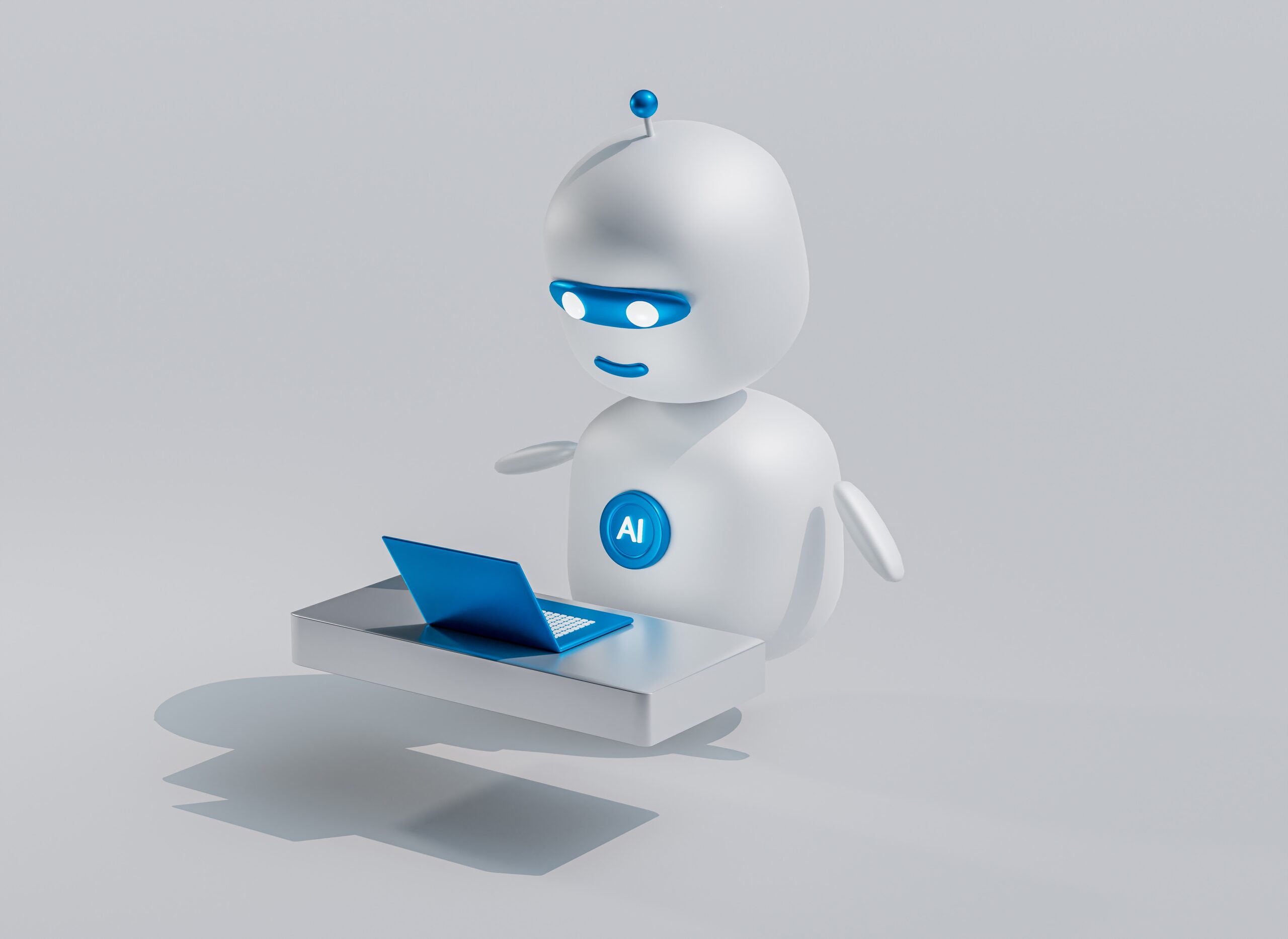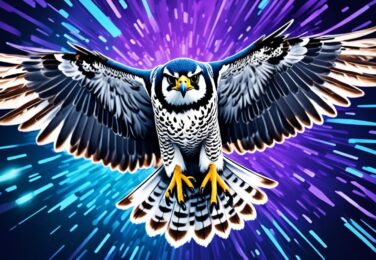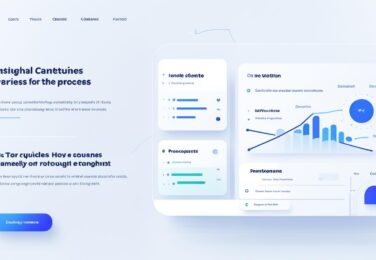The Evolution of ChatGPT: From Version 3 to Version 5

Table of Content
In the ever-evolving field of artificial intelligence, OpenAI’s ChatGPT has emerged as a groundbreaking language model, capable of generating human-like text and engaging in conversations with users. Since its inception, ChatGPT has undergone several iterations, with each version representing significant advancements in natural language processing (NLP) and conversation AI. In this article, we will delve into the journey of ChatGPT, exploring the features and improvements introduced in versions 3, 4, and 5.
ChatGPT Version 3: Unleashing Conversational Potential
ChatGPT version 3, released in June 2021, marked a significant leap forward in OpenAI’s efforts to create a more dynamic and interactive conversational AI system. One of the notable enhancements in this version was the introduction of fine-tuning, which allowed users to customize ChatGPT’s behavior to better align with their specific needs. This feature enabled users to provide example conversations that guided the model’s responses, making it more adaptable and contextually aware.
Another key aspect of ChatGPT v3 was the integration of a Moderation API, aimed at curbing the generation of harmful or inappropriate content. OpenAI recognized the importance of responsible AI deployment and introduced this system to empower developers to create safer and more inclusive conversational experiences.
ChatGPT Version 4: Bridging the Gap
Building upon the successes of its predecessor, ChatGPT version 4, launched in March 2023, focused on addressing some of the limitations and challenges faced by previous versions. The primary goal of this iteration was to enhance the model’s reliability and reduce instances of incorrect or nonsensical responses.
To achieve this, OpenAI introduced a technique called Reinforcement Learning from Human Feedback (RLHF). This approach involved gathering user feedback on model responses and using that data to fine-tune the model further. By actively involving human reviewers in the model’s training process, OpenAI aimed to bridge the gap between user expectations and the model’s capabilities, resulting in more accurate and contextually appropriate responses.
Furthermore, version 4 of ChatGPT included substantial improvements in the model’s ability to ask clarifying questions when faced with ambiguous queries. This feature allowed the AI to seek additional information from users, ensuring a more precise understanding of their intent and enabling more relevant and helpful responses.
ChatGPT Version 5: Multimodal Capabilities
Released in June 2023, ChatGPT version 5 brought about a groundbreaking advancement by incorporating multimodal capabilities. OpenAI expanded the model’s abilities beyond text and integrated it with visual input. This means that ChatGPT can now understand and generate responses based on both textual and visual information, greatly enhancing its communication and problem-solving capabilities.
The integration of multimodal capabilities enables ChatGPT to understand image descriptions and answer questions about visual content. This feature has a wide range of potential applications, such as assisting users with visual tasks, providing detailed explanations, or aiding in content creation.
OpenAI also made efforts to address biases in ChatGPT, implementing strategies to reduce both glaring and subtle biases in its responses. By continually seeking feedback from users and refining the training process, OpenAI aims to make ChatGPT more inclusive and respectful of diverse perspectives.
OpenAI’s ChatGPT has evolved significantly through versions 3, 4, and 5, pushing the boundaries of conversational AI and offering users increasingly sophisticated and interactive experiences. With each iteration, OpenAI has introduced novel features, including fine-tuning, reinforcement learning from human feedback, and multimodal capabilities, while also addressing concerns related to content moderation and biases.
As ChatGPT continues to evolve,







